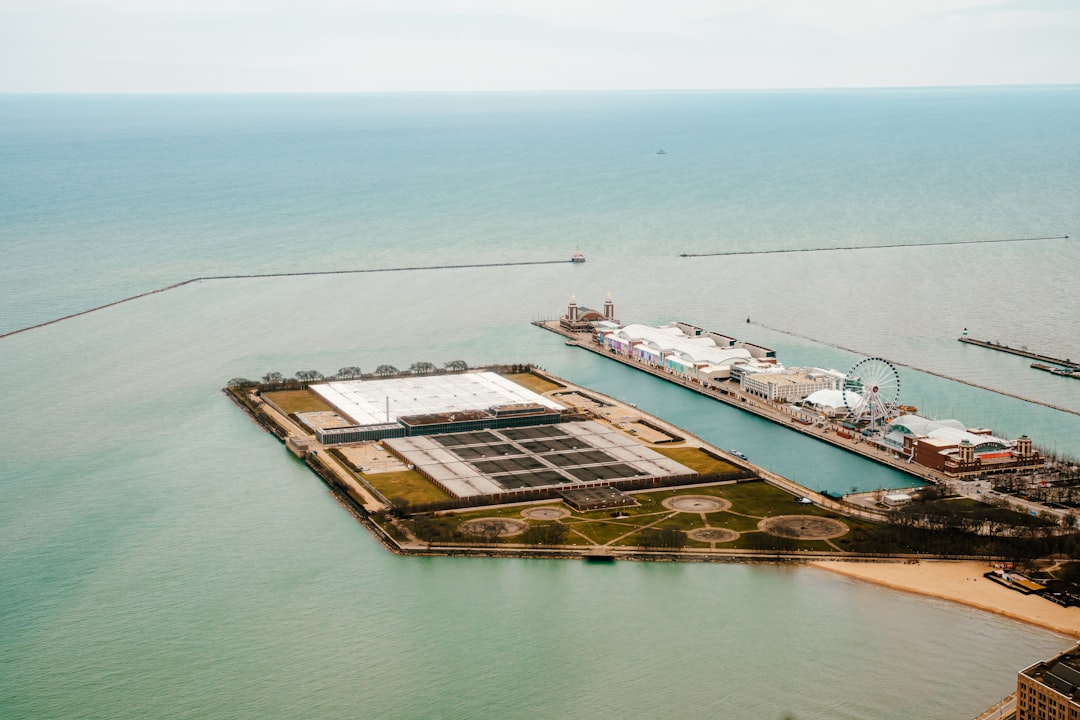Illinois' strict Do Not Call laws protect residents from intrusive commercial phone calls, significantly affecting businesses in sales and marketing. Naperville business owners must understand and comply with state guidelines on Do Not Call lists, explicit consent, permitted messages, and clear opt-out options to avoid fines and maintain legal, ethical customer relationships. These regulations target various organizations involved in telemarketing, including solicitation firms, charities, and political campaigns, while permitting calls with prior express consent or specific purposes like charitable organizations and surveys. Non-compliance can result in substantial fines and damage to a business's reputation.
“In the competitive landscape of Naperville’s business scene, understanding local regulations is key to success. This article provides a comprehensive guide to Illinois’ Do Not Call Laws, offering crucial insights for business owners to navigate these rules effectively. From identifying protected individuals to managing permitted calls and understanding potential penalties, this resource ensures compliance and protects your business from costly mistakes. Discover the who, what, when, where, and why of these regulations and stay ahead in the market.”
Understanding Illinois Do Not Call Laws: A Basic Guide

In Illinois, Do Not Call laws are designed to protect residents from unsolicited phone calls, especially those considered intrusive or for commercial purposes. These regulations can significantly impact how businesses operate, particularly in the sales and marketing sectors. Understanding these laws is crucial for Naperville business owners to ensure compliance and maintain a positive customer relationship.
Illinois’ Do Not Call list includes telephone numbers of individuals who have chosen not to receive such calls, effectively banning telemarketers from contacting them. Businesses must respect this list and avoid making outbound calls to these numbers. This means obtaining explicit consent before dialing, ensuring any pre-recorded or automated messages are permitted, and providing a clear opt-out option for recipients. Failure to comply can result in fines, so it’s essential to familiarize yourself with the state’s guidelines and implement practices that align with these regulations.
Who Is Covered Under These Regulations?

Under Illinois’ Do Not Call Laws, specific businesses and entities are subject to regulations aimed at protecting consumers from unwanted telemarketing calls. These laws cover a wide range of companies, including those engaged in sales or promotional activities via telephone. This includes local, state, and national businesses operating within the state of Illinois, as well as out-of-state companies making calls to Illinois residents. The regulations are designed to ensure that consumers have control over their phone numbers and can prevent unwanted contact from telemarketers.
The scope also extends to various types of organizations, such as telephone solicitation firms, sales representatives of any business, and even charities or political campaigns. Any entity making automated or prerecorded calls, or using an artificial or distorted voice, falls under these regulations. Additionally, the laws apply not only to live callers but also to messages left on voicemails, further emphasizing the state’s commitment to consumer privacy and choice.
Permitted Calls and Exclusions

Under Illinois’ Do Not Call Laws, certain calls are permitted and excluded from regulation. Businesses can still make outbound calls for specific purposes, such as those related to charitable organizations, surveys, or collection activities. However, these calls must adhere to strict guidelines to avoid infringing on consumers’ privacy. Excluded from the Do Not Call laws are calls made with prior express consent, which means the recipient has given explicit permission for such interactions. This includes calls from businesses with whom the consumer has an established relationship.
Understanding these permitted and excluded categories is crucial for Naperville business owners to ensure compliance while leveraging effective marketing strategies. By knowing the boundaries set by Illinois’ Do Not Call Laws, businesses can focus their efforts on legal and ethical outreach methods, fostering better customer relationships and avoiding potential penalties.
Penalties and Enforcement: What Happens If You Violate the Rules?

Penalties and enforcement under Illinois’ Do Not Call laws are designed to protect residents from unwanted telemarketing calls. If a business owner violates these rules, they can face significant fines. The state’s Attorney General’s Office is responsible for enforcing the regulations and may take legal action against offending companies. Fines typically start at $500 per violation and can increase significantly if multiple infractions are committed within a certain period. Businesses may also be required to pay restitution to affected consumers.
In addition to financial penalties, a business found in breach of Do Not Call Laws could face public scrutiny and damage to its reputation. Customers who experience repeated unwanted calls have the right to file complaints with the Attorney General’s Office, which can lead to further investigation and potential legal consequences for the offender.






